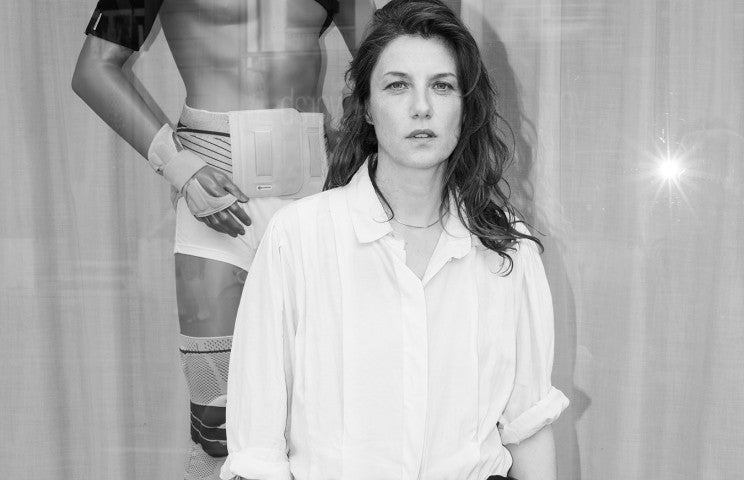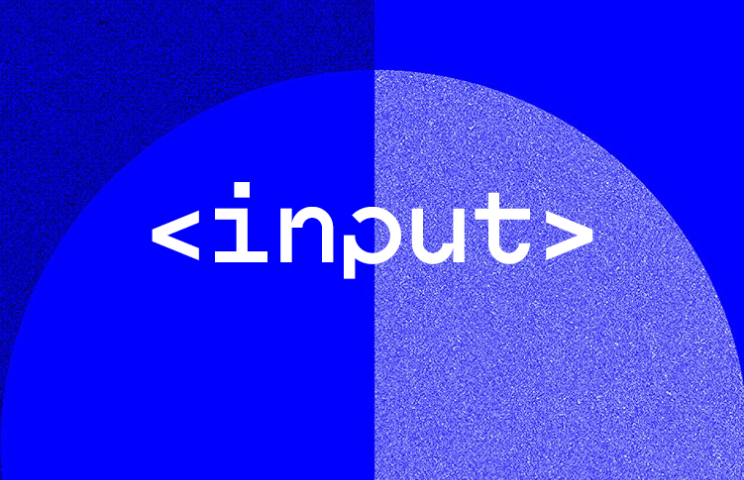Désorceler : des cartes, des mots, des images
Jérôme Mauche invites Suzanne Doppelt and Jeanne Favret-Saada.
Rituals, images, and words are as many practices at the center of this new edition. Indeed, besides themes such as bewitching and divination, Suzanne Doppelt‘s poetic and photographic work and Jeanne Favret-Saada‘s ethnological and therapeutic approaches have in common this constant work of interpretation and reinterpretation of bodies, types of knowledge, and affects. Proposing unexpected objects with mysterious connotations, these two authors may have the particular ability to let themselves be « affected » by their objects of study and composition, and to communicate to the reader or the viewer a know-how both rigorous and poetic.
BiOGRAPHIES
Suzanne DOPPELT
Suzanne Doppelt is a poet and a photographer. Her work combines this double dimension in her books, her public readings, and her exhibitions. Playing subtly with these media, she works through repetition and illusion, tapping into a corpus of images and texts that connects the origins of photography to the origin of matter, the pre-Socratics to ethnographic writings, and where specters and ghosts are never too far.
After the publication of several books in which photographs accompanied texts or poems by Pierre Alferi (Kub Or, P.O.L., 1994), Manuela Morgaine (Treize superstitions, Créaphis, 1999), and Anne Portugal (Dans la reproduction en 2 parties égales, P.O.L., 1999), these two aspects of Doppelt’s work were directly associated in her last books. She notably published Totem (P.O.L., 2002); Quelque chose cloche [« Something’s Wrong »] (P.O.L., 2004); Le pré est vénéneux [« The Meadow Is Poisonous »] (P.O.L., 2007); Le monde est beau, il est rond [« The World Is Beautiful, It Is Round »] (Inventaire-invention, 2008); Lazy suzie (P.O.L., 2009).
Suzanne Doppelt also collaborates with composer Georges Aperghis. Her photographic work has recently been shown at New York University, the Cabinet d’art graphique of the Louvre, and Galerie Martine Aboucaya in Paris. She serves as the editor of a collection of essays, « Le Rayon des curiosités » at Éditions Bayard and serves on the board of editors of periodical Vacarme.
Jeanne FAVRET-SAADA
Ethnologist Jeanne Favret-Saada once officiated as the director of studies in religious sciences at the École Pratique des Hautes Études. Her fields of inquiry are very diverse and lie at the crossroads between psychoanalysis and history. She thus analyzed political and retaliation systems in Kabylia in Algérie, 1962-1964: essais d’anthropologie politique (Bouchène, 2005). Her studies on witchcraft in the Norman bocage have produced several exceptional books, Deadly Words: Witchcraft in the Bocage (Cambridge University Press, 1981); Corps pour corps [« Body for Body »] (with Josée Contreras, Gallimard, 1981); and Désorceler [« To Unwitch »] (L’Olivier, 2009), in which Jeanne Favret-Saada reinterprets the same material on the Norman bocage.
Some of her other works have to do with religions and secularism: Le Christianisme et ses juifs : 1800-2000 [« Christianism and Its Jews, 1800-2000 »] (with Josée Contreras, Le Seuil, 2004); Jeux d’ombres sur la scène de l’ONU: Droits humains et laïcité [« Play of Shadows on the U.N. Stage. Human Rights and Secularism »] (Paris: L’Olivier, 2010). She also authored studies on contemporary blasphemy, notably based on the Salman Rushdie controversy and the Danish cartoons on Muhammad, in Comment produire une crise mondiale avec douze petits dessins [« How To Produce a World Crisis with Twelve Small Drawings »] (Les Prairies Ordinaires, 2007).
Between science, action, and commitment, Jeanne Favret-Saada’s books have a rare power of suggestion.







